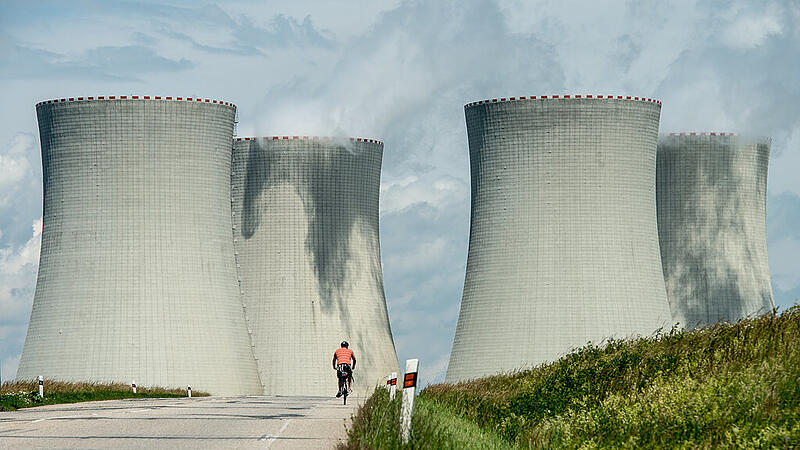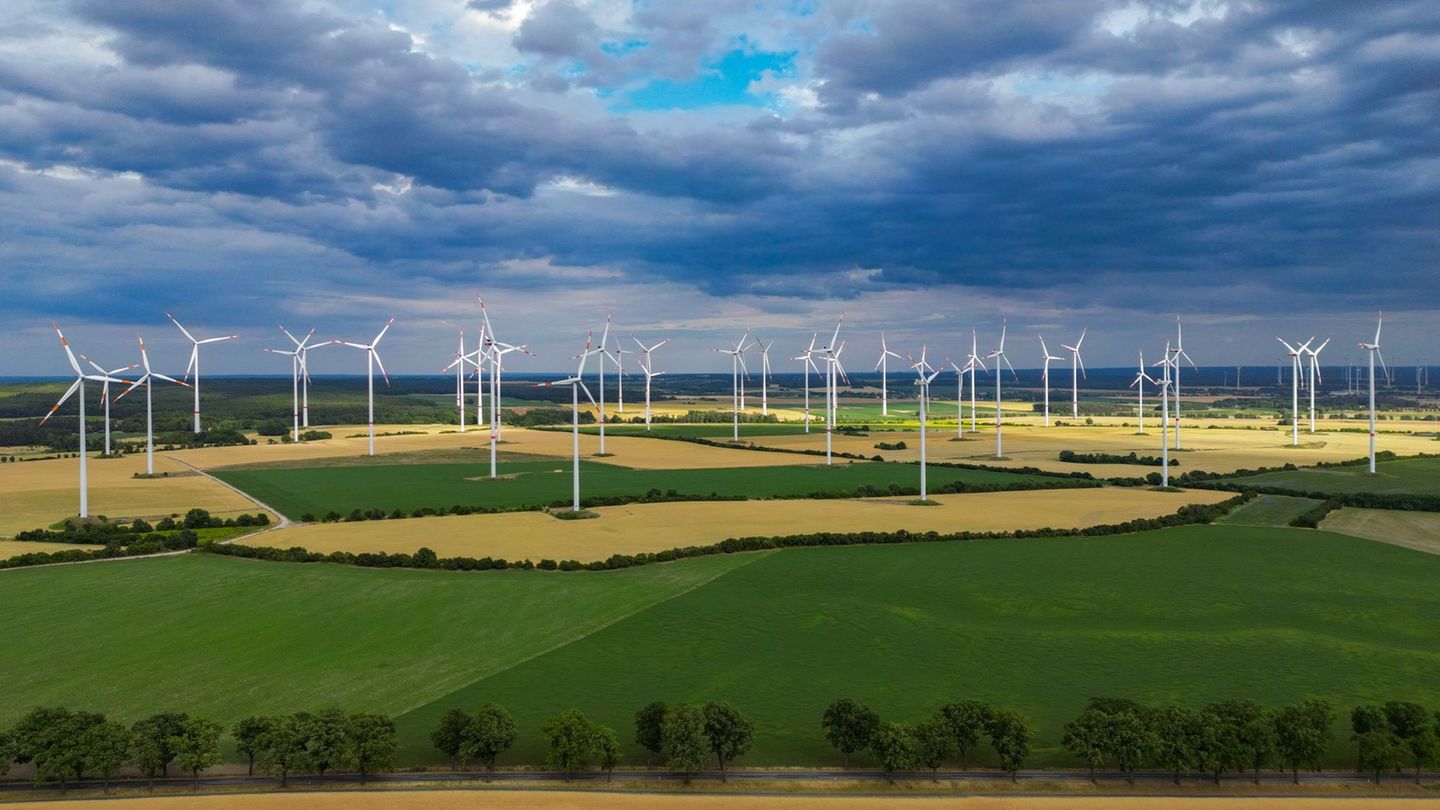Image: (dpa/Armin Weigel)
Instead of a new reactor in the South Moravian nuclear power plant Dukovany, there is now talk of “up to four new units” in Dukovany and in the South Bohemian Temelin power plant. This is what it says in a statement from the Prague government to the French company EDF and the South Korean KNHP. The American company Westinghouse was excluded from the tender because its offer did not meet the conditions, it was said. Finance Minister Zbyněk Stanjura said on Czech television on Sunday that it had not been decided that the Czech Republic would build four new nuclear units. The applicants should have submitted their final offer for the construction of a reactor in Dukovany and a non-binding offer for another three units.
- More on the topic: Nuclear power plants: Loss of radiance or revival? (OÖNplus)
“The tender has not yet been completed, we are all sworn to secrecy, we cannot tell you anything about it, not even behind closed doors,” emphasized Stanjura. According to him, the winning bidder could be announced in May or June. A further nine months will then follow for negotiations on the specific contract, says Stanjura.
Contradictory reactions
The expansion of the tender to include four new blocks triggered contradictory reactions from local experts. While some of them believe it is the right decision that the domestic energy industry needs in the future, others point out the problems that will come with such a huge project. Above all, these are high financial and operational requirements that the state can only meet with great difficulty.
According to nuclear scientist Radek Škoda, the government’s move is “the best decision in the domestic energy sector in at least ten years.” According to him, it would be pointless to build just one reactor. “We need more blocks in the future,” he emphasized.
- Also read: Reactor block in Czech Temelin nuclear power plant shut down
According to the former head of the Czech Energy Corporation (CEZ) Jaroslav Míl, such a large order would bring with it a number of complications. According to his estimates, the four blocks could cost around two trillion crowns (80.3 billion euros), which the state would have to raise and which it does not have. Míl also drew attention to the lack of qualified experts working on similar designs.
more from economics




